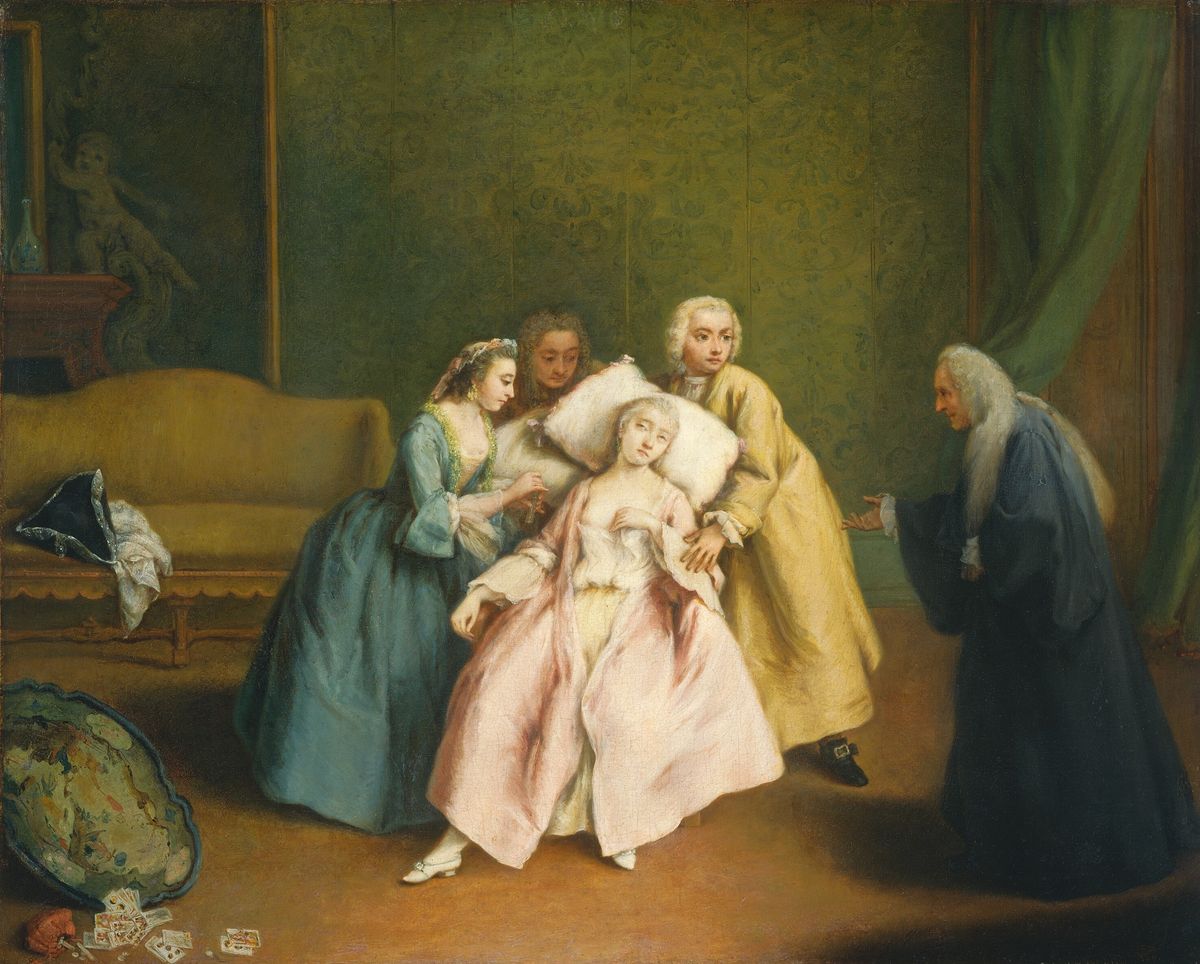What causes fainting?
What about human biology causes fainting, or “syncope,” as it’s scientifically called?

A few minutes every morning is all you need.
Stay up to date on the world's Headlines and Human Stories. It's fun, it's factual, it's fluff-free.
If you’ve ever fainted, you were probably confused when you woke up. There’s actually been a lot of confusion around the science of fainting for a while, mostly when it comes to the fact that scientists just don’t know why we do it.
What about human biology causes fainting, or “syncope,” as it’s scientifically called?
At the beginning of November, researchers published a paper in Nature about a discovery that helps explain why our bodies do this sometimes. They found a neural pathway that causes the fainting phenomenon, controlling sensory neurons that connect the heart and the brain.
"This is the first step to show there is much more to fainting than just reduced blood flow," explains Vineet Augustine, an assistant professor of neurobiology at the University of California, San Diego (UCSD), who co-authored the study. “The blood flow reduction does play a role, but there are other brain circuits at play here," he adds. "It is not as simple as what cardiology textbooks would say."
When researchers triggered these same neurons in mice, the mice showed the same symptoms that humans experience while going through syncope, like their eyes rolling back and loss of consciousness. The mice typically passed out for seven or eight seconds.
“We honestly weren’t 100% sure what to expect,” says Jonathan Lovelace, a neuroscientist at UCSD and study co-author. “But I don’t think having them fall over and faint was at the top of the list.”
This neural pathway discovery is just one piece of the bigger puzzle, which involves the larger central nervous system. But, when scientists blocked the pathway in mice, they noticed that the mice didn’t faint as they experienced the same brain stimulation as before. With these discoveries, new possibilities for helping people who suffer from regular fainting episodes open up.
“Now that these scientists have helped us to understand that there’s a possible mechanism for [fainting], you could potentially imagine that there’ll be therapies on the horizon," says Dr. Zachary Goldberger, a cardiologist at the University of Wisconsin-Madison School of Medicine and Public Health (who wasn’t involved in the study).




Comments ()